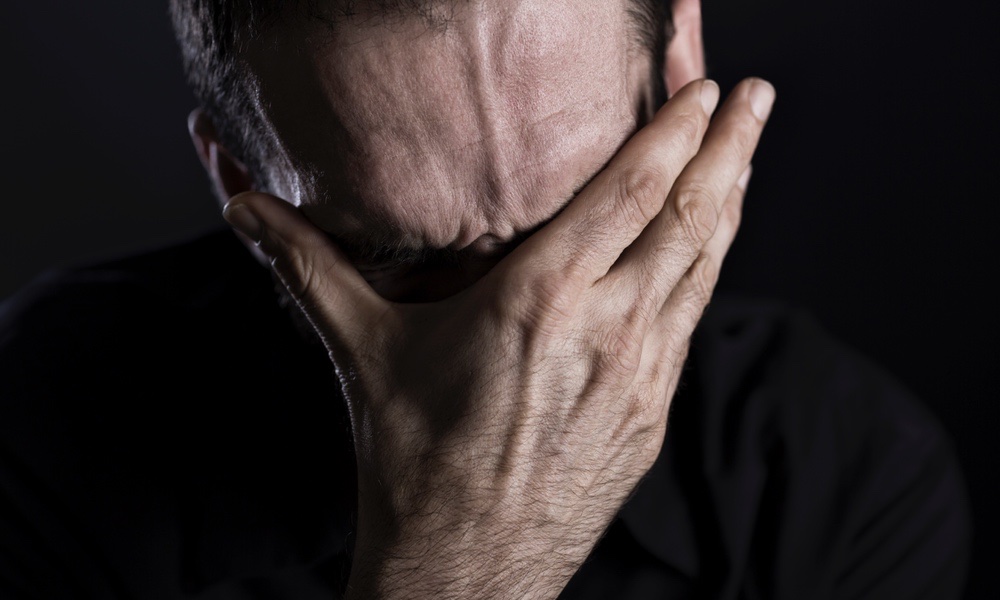Many of the soldiers who served in Iraq and Afghanistan have sustained traumatic brain injuries (TBI). These head injuries, caused by extreme external forces including explosions, vehicle collisions and other kinds of intense bodily impact, disrupt the normal functions of the brain.
TBI's are also the major cause of post-traumatic stress disorder (PTSD) among veterans. PTSD can lead to severe anxiety and depression — as well as suicide.
Until recently there haven't been any clearly successful treatments for the damage traumatic brain injuries cause. But a number of veterans — and now Stanford researchers — have found a hopeful treatment in a plant-based psychoactive drug called ibogaine.
Ibogaine has been designated a Schedule 1 drug since 1970, which means it is prevented from being prescribed within the United States. But both Canada and Mexico have offered treatments using the psychoactive drug, derived from the root bark of an African shrub. Traditionally, it has been used in African religious, spiritual and healing ceremonies.Vets in the study had been experiencing clinically significant levels of disability. But they experienced life-changing improvements after being administered the psychoactive drug.
“There were a handful of veterans who had gone to the clinic in Mexico and were reporting anecdotally that they had great improvements in all kinds of areas of their lives after taking ibogaine,” lead researcher, Nolan Williams, an associate professor of psychiatry and behavioral sciences at Stanford, said in a press release. “Our goal was to characterize those improvements with structured clinical and neurobiological assessments.”
To do that, Williams and his team joined VETS, Inc. a foundation that helps to bring psychedelic-assisted therapies to veterans. With the organization's support, 30 special ops veterans volunteered to join the Stanford study. They all had a history of TBI and repeated blast exposures, and were experiencing severe psychiatric symptoms, as well as functional disabilities. They had independently scheduled themselves for treatment with a combination of magnesium and ibogaine at a clinic in Mexico.
Magnesium is added to ibograine treatment because it is a mineral that helps to lower blood pressure, and on rare occasions heart issues have been associated with the use of ibogaine.
The researchers measured the participants' levels of PTSD with a combination of self-reported questionnaires and clinically-administered assessments before the psychoactive drug was taken.
At the beginning of the study the participants were experiencing clinically significant levels of disability. But they had life-changing improvements after being administered the psychoactive drug. Not only were the participants' symptoms of PTSD, depression and anxiety reduced dramatically, but the positive effects lasted at least one month after the treatment — which was the end of the study. More good news: There were no serious side effects, including heart problems, from the ibogaine.
This is just the beginning of the investigation into the benefits of ibogaine. Williams and his team are planning to analyze additional data that was collected at the same time, but was not part of this study.
Williams is optimistic about the benefits of the drug. “In addition to treating TBI, I think this may emerge as a broader neuro-rehab drug,” he said. “I think it targets a whole host of different brain areas and can help us better understand how to treat other forms of PTSD, anxiety and depression that aren't necessarily linked to TBI.”
The study is published in the journal Nature Medicine.





